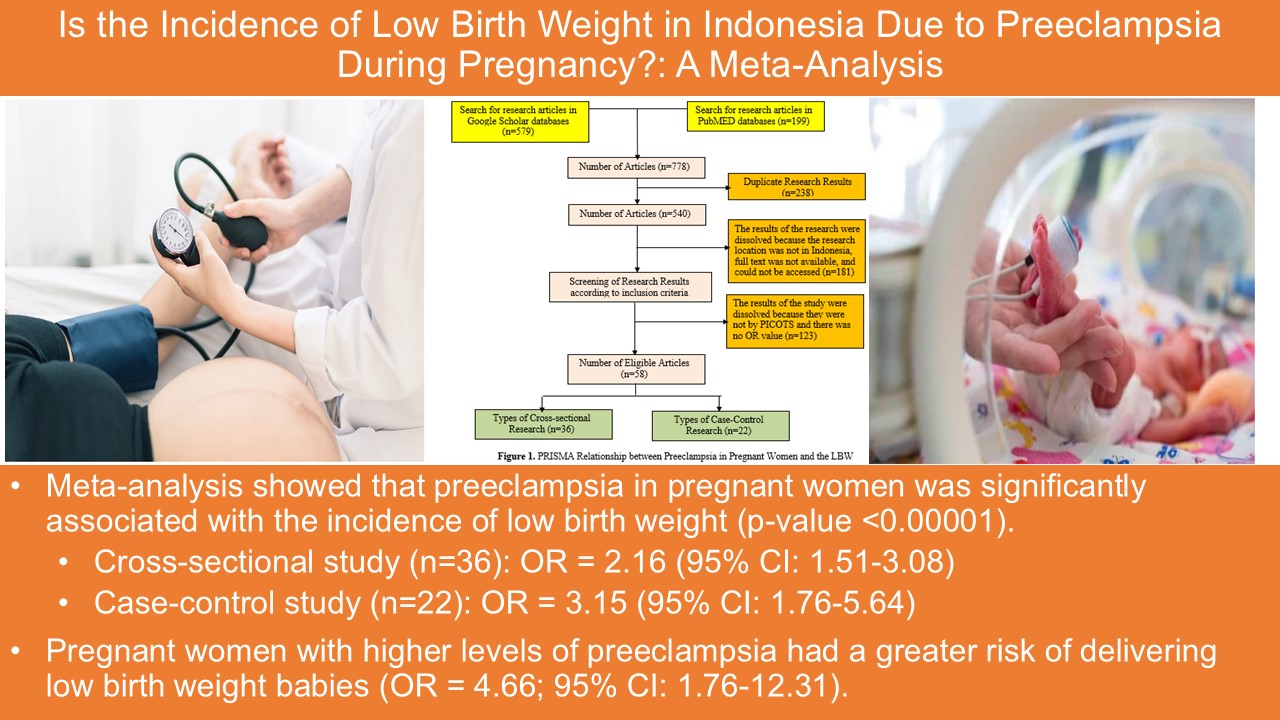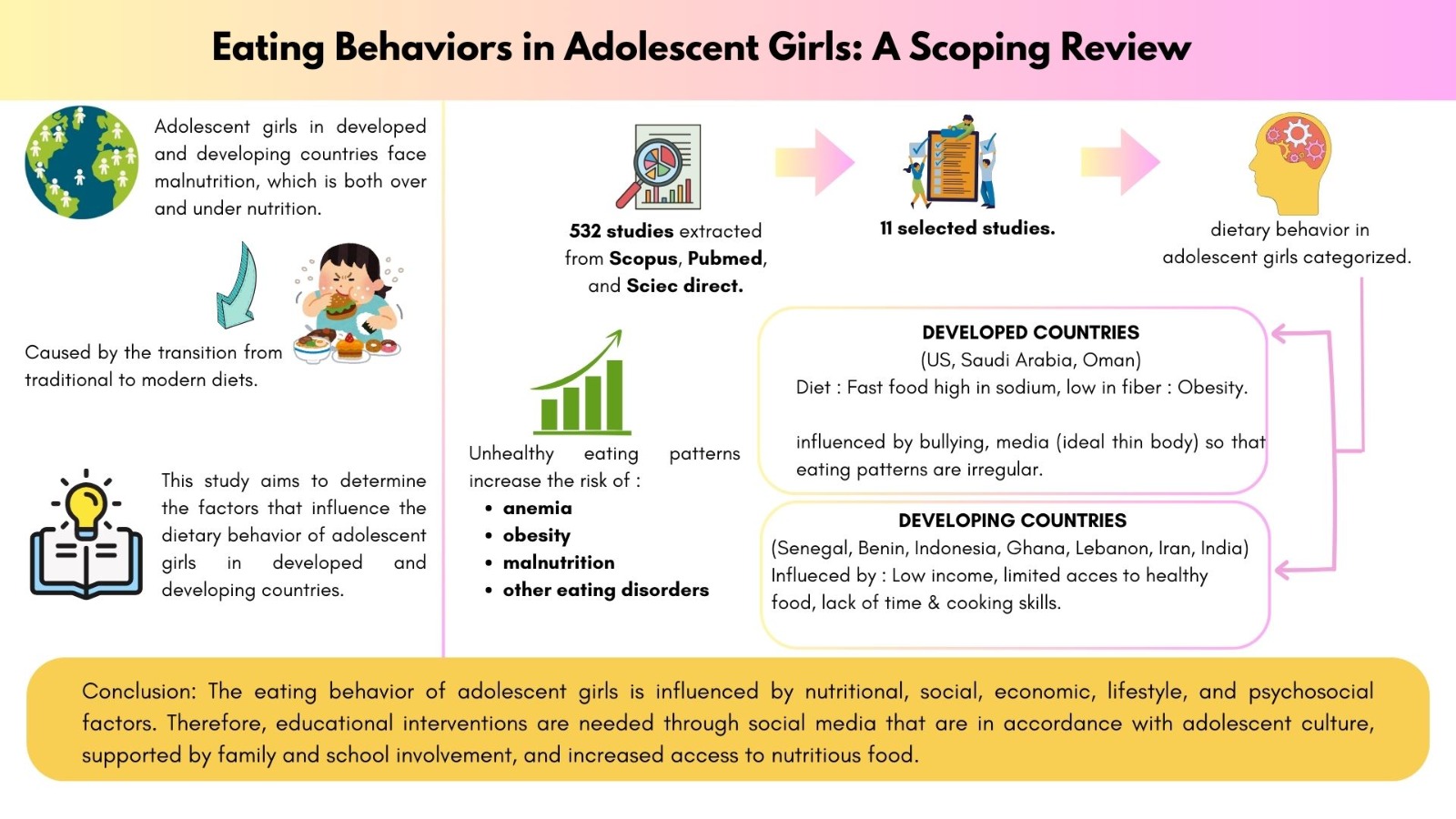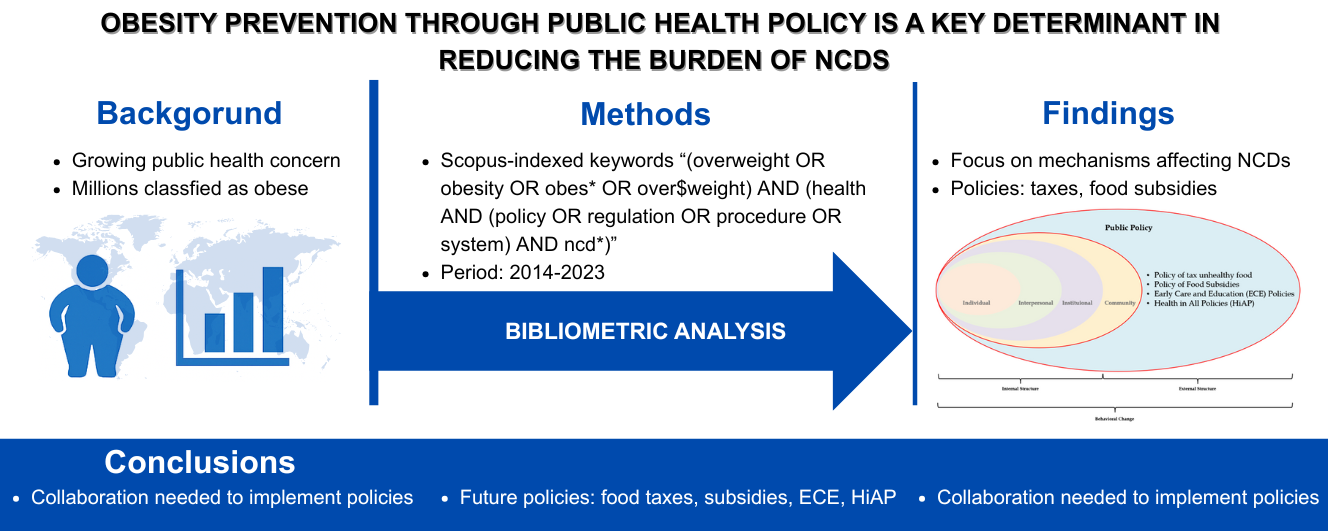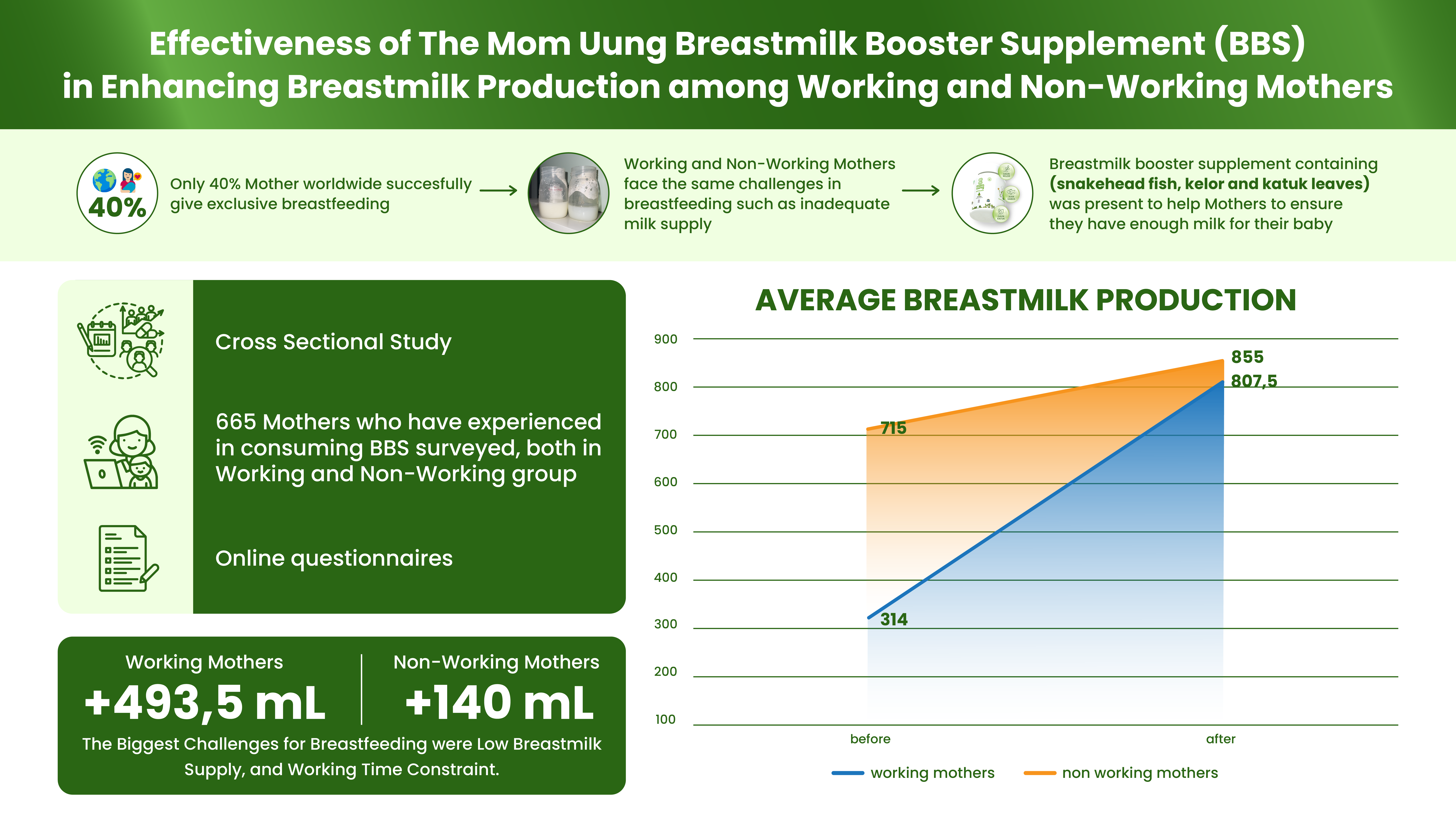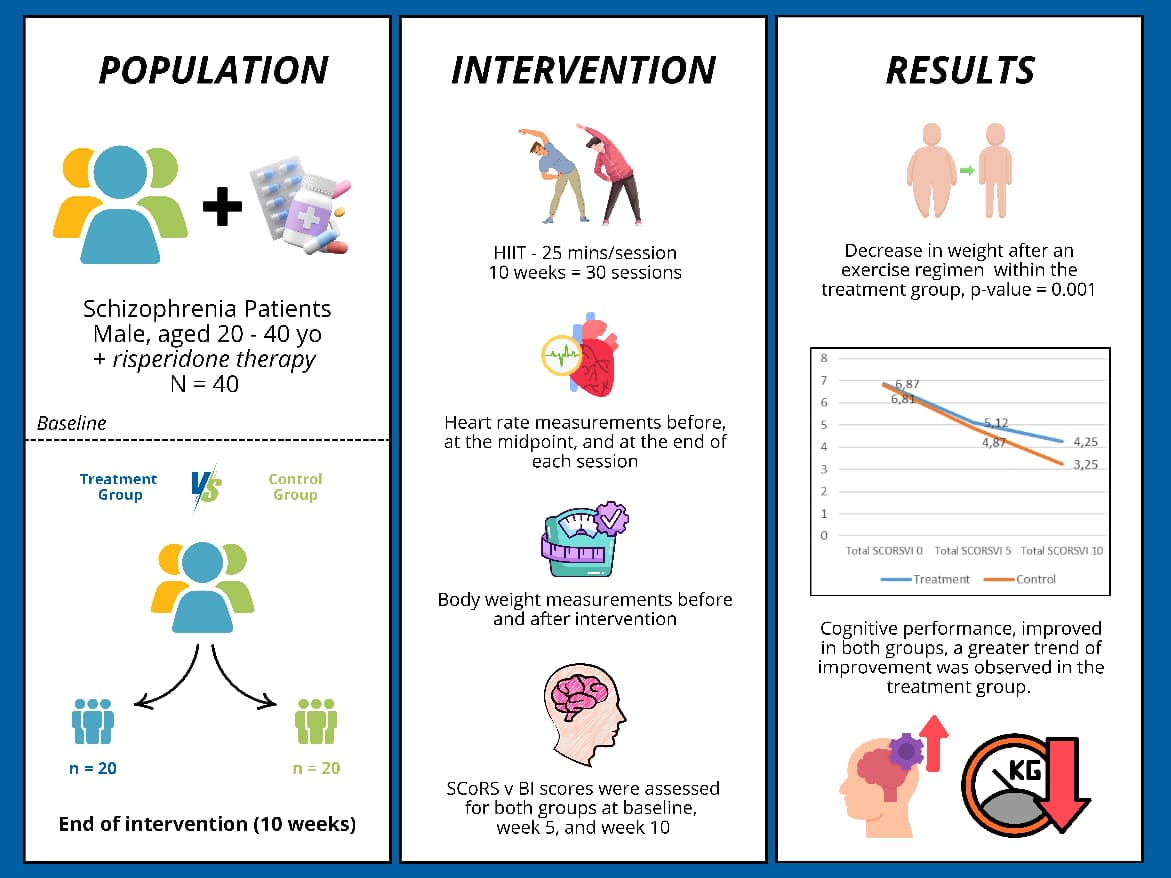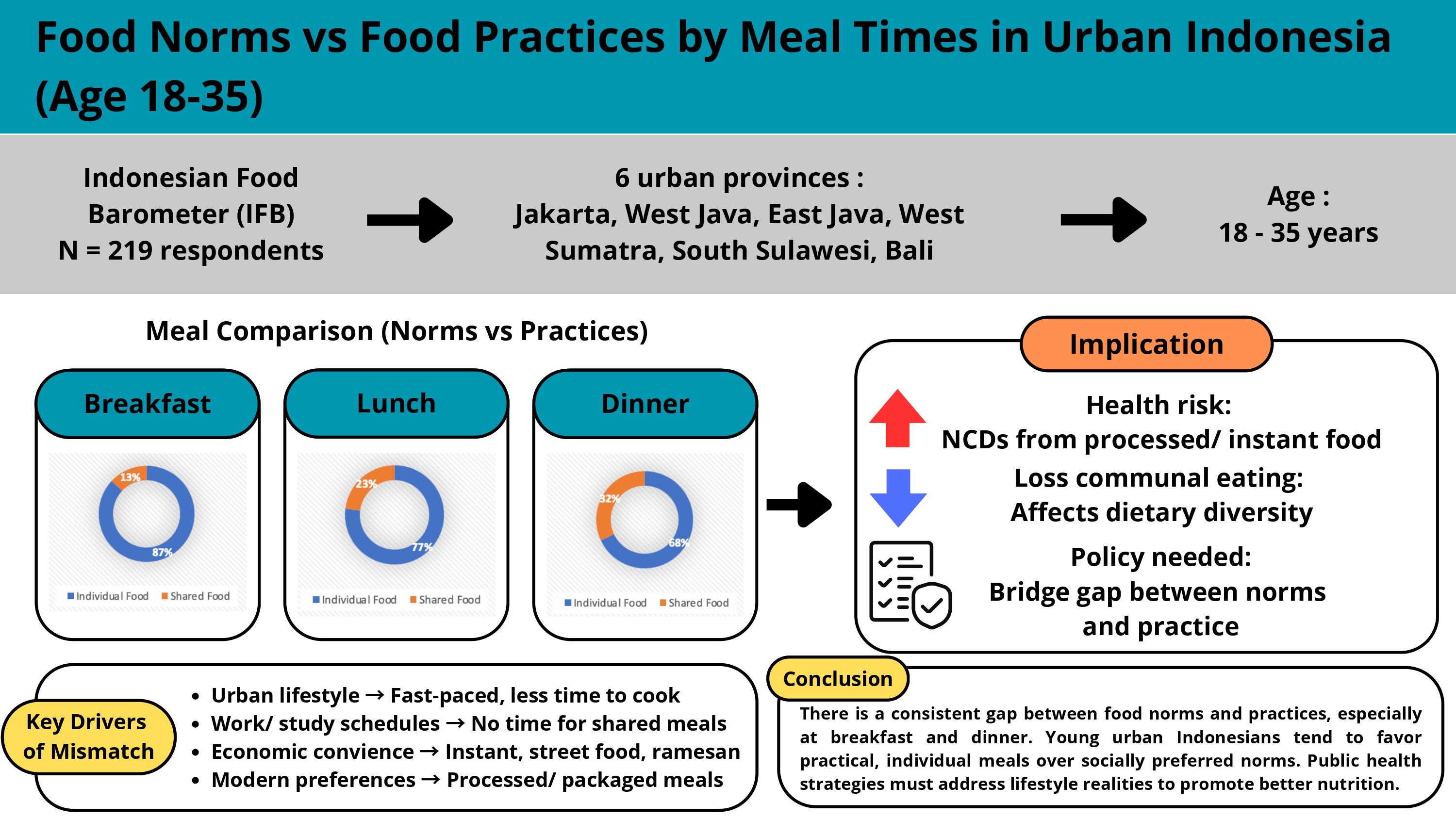EVALUATING CADRE SUPPORT IN MATERNAL FEEDING PRACTICES: INFLUENCE ON EATING PATTERN OF CHILDREN UNDER TWO
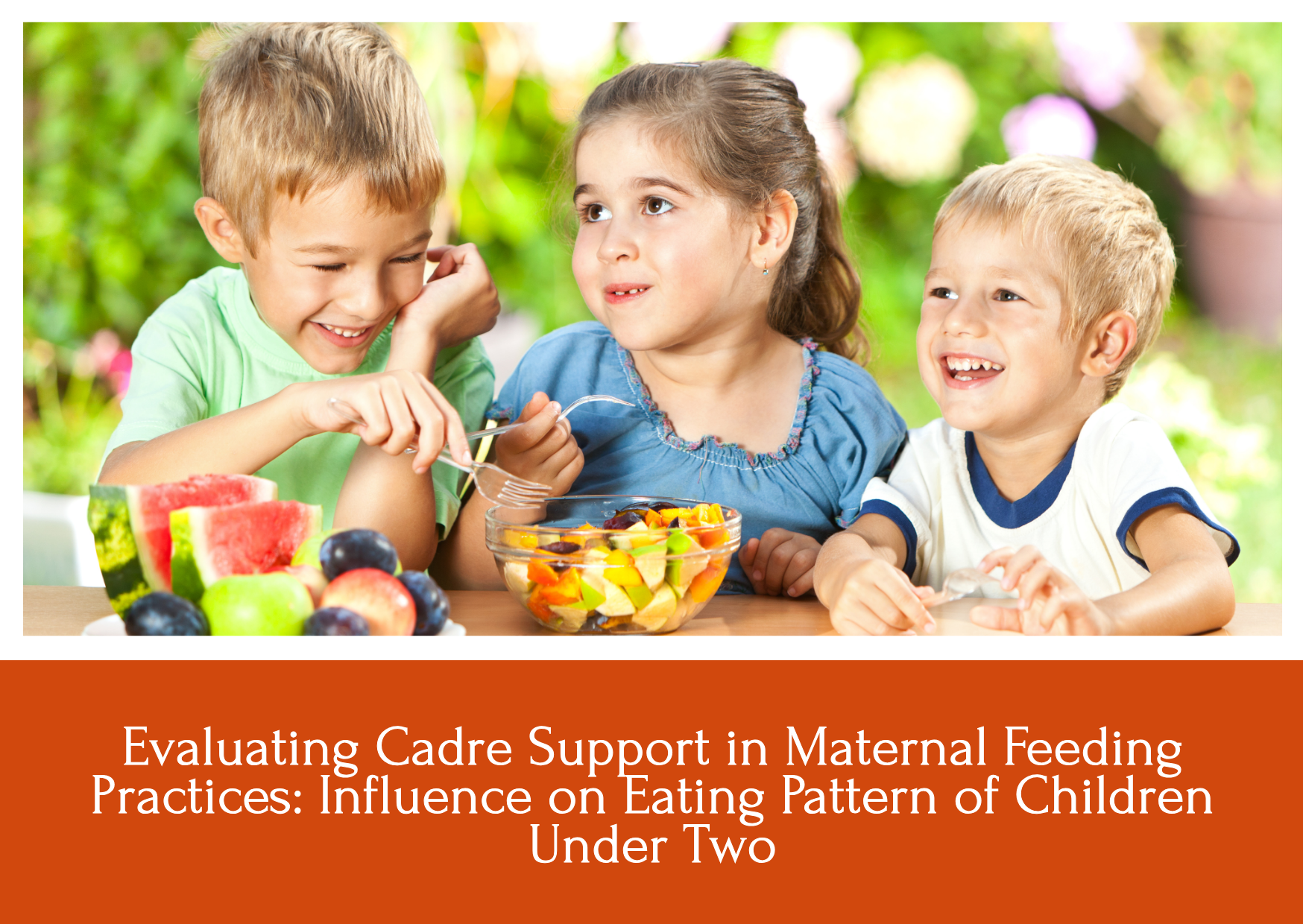
Downloads
Stunting remains a significant global health concern among children under two years old, underscoring the importance of maternal skills in food preparation to prevent this issue. This study evaluated the impact of Posyandu cadre training and support on maternal capacity and its relationship with Infant and Young Child Feeding (IYCF) practices. Seventy mothers and their children under the age of two, along with ten cadres, participated in this study. The intervention began with cadre training, followed by support for mothers. The results revealed that cadre knowledge of food material science (FMS) (p=0.033) and attitudes toward clean and healthy behavior (CHB) (p=0.038) significantly improved after training. Mothers demonstrated significant improvements in knowledge of FMS (p<0.001), Nutritional Requirements of Children Under Two (NRCT) (p<0.001), and CHB (p=0.041); attitudes toward complementary feeding (CF) (p=0.030). Cadre knowledge and maternal knowledge in FMS was found a significant correlation (p=0.026). However, cadre attitudes did not correlate with the knowledge and attitudes of the mother. The age of children under two was correlated with MMD (p=0.036), MMF (p=0.017), and MAD (p=0.036). Additionally, maternal attitudes toward food were associated with MMF (p=0.037) and dietary diversity (p=0.034) in children under the age of two. These findings underscore the significance of cadre training and maternal support programs in enhancing feeding practices, which may lead to improved nutritional outcomes. Strengthening the cadre's knowledge and skills could be key to promoting optimal IYCF practices.
Ahmad, I., Khalique, N., Khalil, S., Urfi, & Maroof, M. (2017). Complementary feeding practices among children aged 6–23 months in Aligarh, Uttar Pradesh. Journal of Family Medicine and Primary Care, 6(2), 386. https://doi.org/10.4103/jfmpc.jfmpc_281_16
Akanbonga, S., Hasan, T., Chowdhury, U., Kaiser, A., Akter Bonny, F., Lim, I. E., & Mahmud, I. (2023). Infant and young child feeding practices and associated socioeconomic and demographic factors among children aged 6–23 months in Ghana: Findings from Ghana Multiple Indicator Cluster Survey, 2017–2018. PLoS ONE, 18(6), e0286055. https://doi.org/10.1371/journal.pone.0286055
Al Faiqoh, R. B., Suyatno, S., & Kartini, A. (2018). Hubungan Ketahanan Pangan Keluarga dan Tingkat Kecukupan Gizi dengan Kejadian Stunting pada Anak Usia 24-59 Bulan di Daerah Pesisir (Studi di Wilayah Kerja Puskesmas Bandarharjo Kota Semarang). Jurnal Kesehatan Masyarakat, 6(5), 413–421.
Arlius, A., Sudargo, T., & Subejo, S. (2017). Hubungan Ketahanan Pangan Keluarga Dengan Status Gizi Balita (Studi Di Desa Palasari Dan Puskesmas Kecamatan Legok, Kabupaten Tangerang). Jurnal Ketahanan Nasional, 23(3), 359. https://doi.org/10.22146/jkn.25500
Aubel, J. (2012). The role and influence of grandmothers on child nutrition: culturally designated advisors and caregivers. Maternal & Child Nutrition, 8(1), 19–35. https://doi.org/10.1111/j.1740-8709.2011.00333.x
BPS. (2024). Kabupaten Bogor Dalam Angka 2024.
Briones Alonso, E., Cockx, L., & Swinnen, J. F. M. (2017). Culture and Food Security. SSRN Electronic Journal. https://doi.org/10.2139/ssrn.3052252
Bukhari, Wahyuni, A. S., & Ginting, S. (2019). Relationship between Interpersonal Communication with Participation of Toddler’s Mothers in Posyandu Activities of a Puskesmas. Proceedings of the International Conference on Health Informatics and Medical Application Technology, 618–625. https://doi.org/10.5220/0010021006180625
Darnton-Hill, I., & Samman, S. (2015). Challenges and Opportunities in Scaling-Up Nutrition in Healthcare. Healthcare, 3(1), 3–19. https://doi.org/10.3390/healthcare3010003
Jain, A., Kalliyil, M., & Agnihotri, S. (2020). Minimum Diet Diversity and Minimum Meal Frequency – Do They Matter Equally? Understanding IYCF Practices in India. Current Developments in Nutrition, 4, nzaa054_084. https://doi.org/10.1093/cdn/nzaa054_084
Jama, N. A., Wilford, A., Haskins, L., Coutsoudis, A., Spies, L., & Horwood, C. (2018). Autonomy and infant feeding decision-making among teenage mothers in a rural and urban setting in KwaZulu-Natal, South Africa. BMC Pregnancy and Childbirth, 18(1), 52. https://doi.org/10.1186/s12884-018-1675-7
Jumiyati, & Yulianti, R. (2016). Nutrition Education Improves Mother’s Knowledge and Attitude in the Provision Complementary Foods. Toward sustainable healthy lives to promote well-being for all at all ages, 316–321.
Kris‐Etherton, P. M., Petersen, K. S., Velarde, G., Barnard, N. D., Miller, M., Ros, E., O’Keefe, J. H., Williams, K., Horn, L. Van, Na, M., Shay, C., Douglass, P., Katz, D. L., & Freeman, A. M. (2020). Barriers, Opportunities, and Challenges in Addressing Disparities in Diet‐Related Cardiovascular Disease in the United States. Journal of the American Heart Association, 9(7). https://doi.org/10.1161/JAHA.119.014433
Lukwan. (2018). Kontribusi Pengetahuan Kader Terhadap Kinerja Kader Posyandu di Puskesmas Matandahi Konawe Utara. Jurnal Penelitian dan Pengembangan Pelayanan Kesehatan, 17–22. https://doi.org/10.22435/jpppk.v2i1.37
Lutter, C. K., & Rivera, J. A. (2003). Nutritional Status of Infants and Young Children and Characteristics of Their Diets. The Journal of Nutrition, 133(9), 2941S-2949S. https://doi.org/10.1093/jn/133.9.2941S
Mistry, S. K., Hossain, Md. B., & Arora, A. (2019). Maternal nutrition counselling is associated with reduced stunting prevalence and improved feeding practices in early childhood: a post-program comparison study. Nutrition Journal, 18(1), 47. https://doi.org/10.1186/s12937-019-0473-z
Mony, K. Y. R., Wardani, H. E., & Hapsari, A. (2021). Hubungan Pengetahuan Ibu, Sikap Ibu, dan Dukungan Petugas Kesehatan Terhadap Pemberian ASI Eksklusif di Kota Malang Tahun 2019. Sport Science and Health, 3(11), 893–900. https://doi.org/10.17977/um062v3i112021p893-900
Prasetya, G., & Khomsan, A. (2021). The Knowledge, Attitude and Practice of Mothers and Children on the Indonesian Dietary Guidelines and the Relationship with Children’s Nutritional Status. Jurnal Gizi Pangan, 16(1), 55–64.
Purnamasari, H., Shaluhiyah, Z., & Kusumawati, A. (2020). Pelatihan Kader Posyandu sebagai Upaya Pencegahan Stunting pada Balita di Wilayah Kerja Puskesmas Margadana dan Puskesmas Tegal Selatan Kota Tegal. Jurnal Kesehatan Masyarakat (e-Journal), 8(3), 432–439. http://ejournal3.undip.ac.id/index.php/jkm
Rahmawati, N. D., & Sartika, R. A. D. (2020). Cadres’ role in Posyandu revitalization as stunting early detection in Babakan Madang Sub-District, Bogor District. ASEAN Journal of Community Engagement, 4(2). https://doi.org/10.7454/ajce.v4i2.1055
Saidin, S., & Muherdiyantiningsih. (2008). Status Gizi Mikro Bayi dengan Jenis Makanan Pendamping ASI (MP-ASI) berbeda di Kabupaten Bogor. Nutrition and Food Research, 31(1).
Siagian, C. M., & Halisitijayani, M. (2015). Mothers Knowledge On Balanced Nutrition To Nutritional Status of Children in Puskesmas (Public Health Center) In The District of Pancoran, Southern Jakarta 2014. International Journal of Current Microbiology and Applied Science, 4(7), 815–826.
Sopiatun, S., & Maryati, S. (2021). The Influence of Posyandu Cadre Training on Knowledge and Attitudes in Efforts to Prevent Stunting in Karawang. Proceedings of the 1st UMGESHIC International Seminar on Health, Social Science and Humanities (UMGESHIC-ISHSSH 2020). https://doi.org/10.2991/assehr.k.211020.072
Sulistyorini, S. (2022). Analisis Faktor yang Mempengaruhi Ketetapan Dalam Pemberian Makanan Pendamping ASI (MP-ASI) di PMB Choirul Mala Palembang. Masker Medika, 10(2), 796–802. https://doi.org/10.52523/maskermedika.v10i2.503
Suryani, D., & Suzada, M. (2023). Hubungan Pengetahuan, Sikap dan Peran Petugas Kesehatan dengan Perilaku Keamanan Pangan pada Ibu Balita di Dusun Kepuh Wetan. Jurnal Kesehatan Masyarakat Indonesia, 18(3), 14–20.
Tampake, R., Arianty, R., Mangundap, S. A. ., Emy, B., & Sasmita, H. (2021). The Effectiveness of Training on Improving the Ability of Health Cadres in Early Detection of Stunting in Toddlers. Open Access Macedonian Journal of Medical Sciences, 9(E), 373–377. https://doi.org/10.3889/oamjms.2021.6067
Tembo, D., Manja, L. P., & Joshua, M. K. (2024). Faith and food in rural Malawi: an investigation into the sociocultural determinants of household food security. Food, Culture & Society, 1–29. https://doi.org/10.1080/15528014.2024.2407195
The Indonesia Ministry of Health. (2018). Hasil Utama Riset Kesehatan Dasar (Riskesdas) Nasional 2018. Badan Penelitian dan Pengembangan Kesehatan. Ministry of Health of the Republic of Indonesia
The Indonesia Ministry of Health. (2021). Hasil Studi Status Gizi Indonesia (SSGI) Tingkat Nasional, Provinsi, dan Kabupaten/Kota Tahun 2021. Dalam Buku Saku. Ministry of Health of the Republic of Indonesia.
The Indonesia Ministry of Health. (2023). Survei Kesehatan Indonesia 2023 Dalam Angka. Kementerian Kesehatan RI, Badan Kebijakan Pembangunan Kesehatan.WHO. (2003).
Wehr, H., Chary, A., Webb, M. F., & Rohloff, P. (2014). Implications of gender and household roles in Indigenous Maya communities in Guatemala for child nutrition interventions. International Journal of Indigenous Health, 10(1), 100–113. https://doi.org/10.18357/ijih.101201513196
WHO. (2003). Global Strategy for Infant and Young Child Feeding. Geneva: World Health Organization & United Nations Children’s Fund.
WHO. (2009). Model Chapter for Textbooks for Medical Students and Allied Health Professionals. Dalam Infant and Young Child Feeding. National Library of Medicine. https://www.ncbi.nlm.nih.gov/books/NBK148965/
WHO. (2024). Complementary Feeding. World Health Organization.

This work is licensed under a Creative Commons Attribution-NonCommercial-ShareAlike 4.0 International License.
- MEDIA GIZI INDONESIA Journal is the copyright owner of all materials published on this website.
- The formal legal provisions for access to digital articles of this electronic journal are subject to the terms of the Creative Commons Attribution-NonCommercial-ShareAlike license (CC BY-NC-SA 4.0), which means that MEDIA GIZI INDONESIA Journal and readers reserve the right to save, transmit media / format, manage in database, maintain, and publish articles as long as it continues to include the name of the Author.
- Printed and published print and electronic manuscripts are open access for educational, research and library purposes. In addition to these objectives, the editorial board shall not be liable for violations of copyright law.


2.png)















